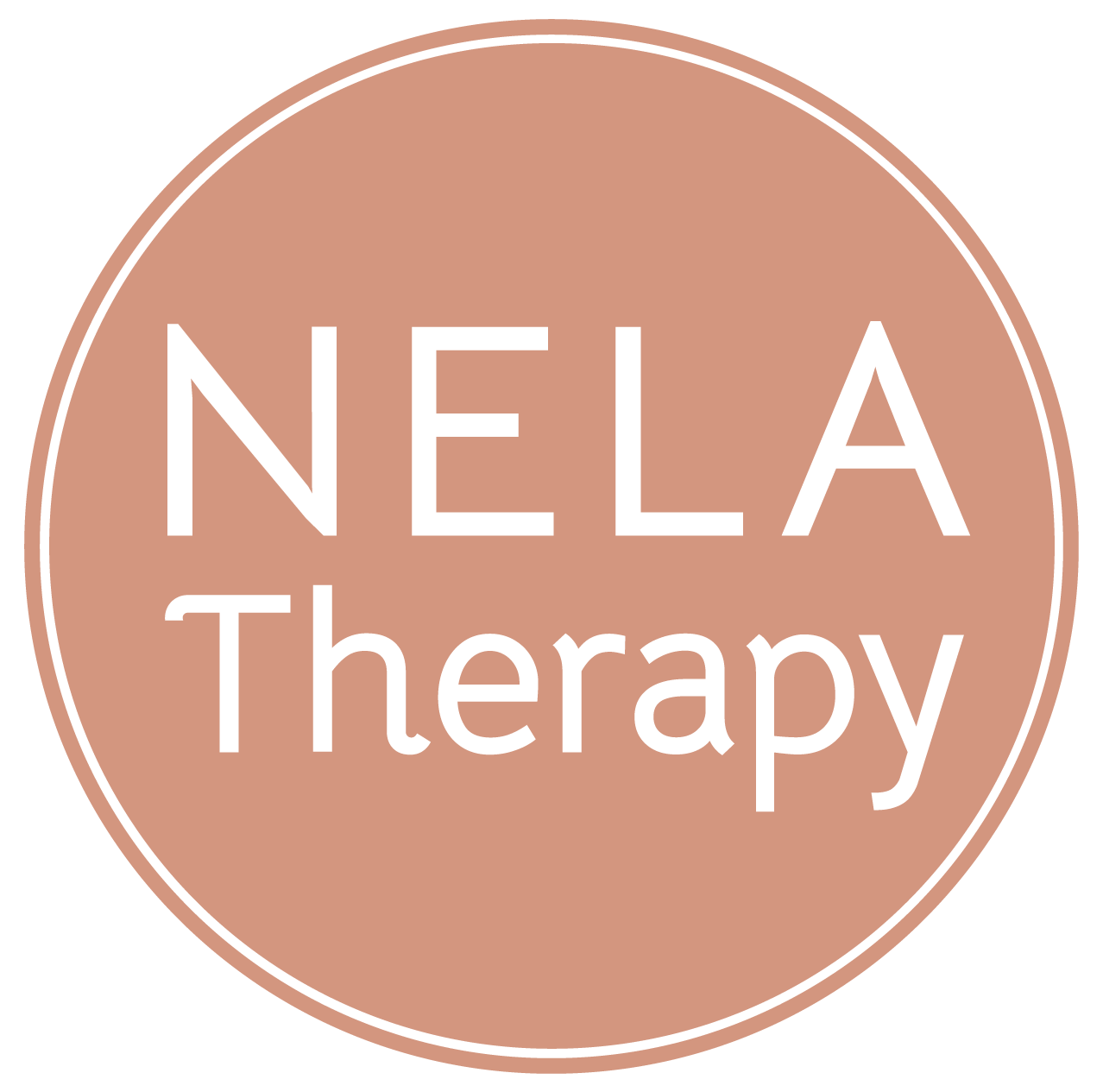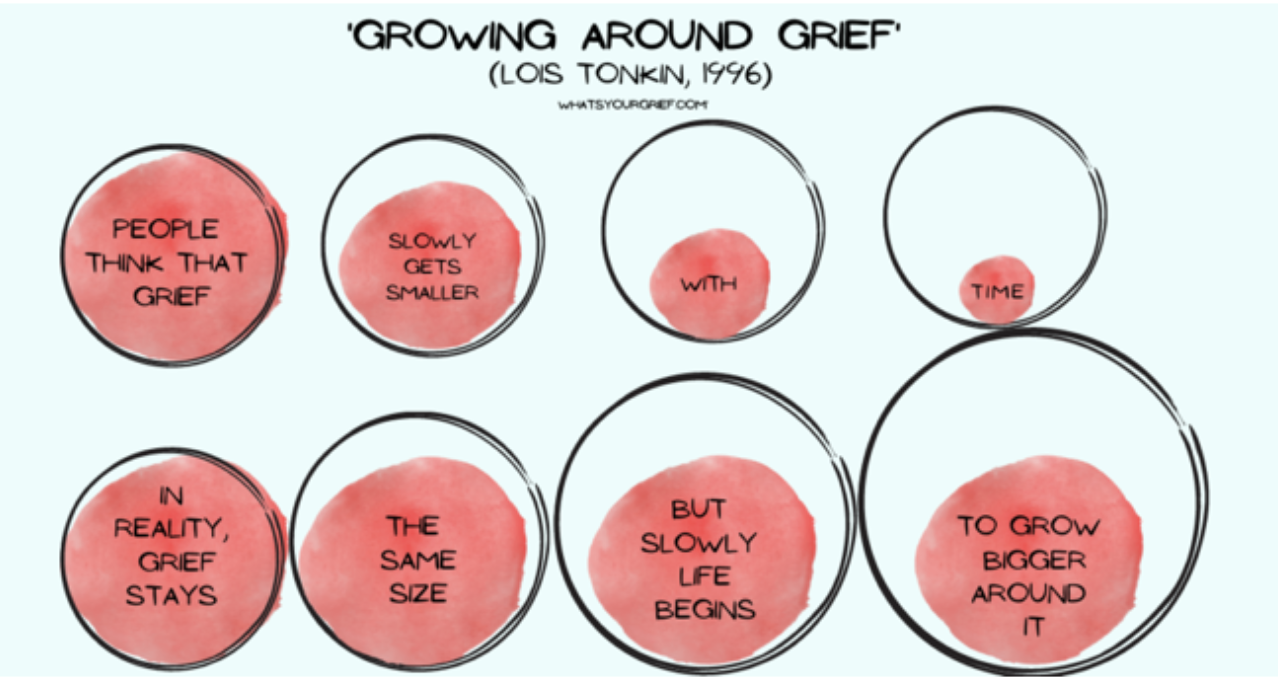Do we truly ever “recover” from grief?
The reality of living with loss
The day my mother passed away, I wandered through the grocery store, lost in a haze. I wondered if anyone around me could sense the seismic shift in my reality. Despite understanding her illness, I clung to hope, imagining scenarios where she defied the odds. My plans had always included her; I envisioned a future with her growing old. There, amidst the aisles, I suppressed the urge to break down—I wanted the world to see the depth of my pain.
This profound personal experience of loss has deeply shaped how I engage with my clients. Whether they are grappling with the death of a loved one, the end of a relationship, or the collapse of a cherished dream, I bring a heartfelt understanding to our sessions. My goal is to offer understanding, support, and a space where all emotions can be safely explored and expressed. Through my own losses, I have learned to walk alongside others in their journey, providing guidance rooted in genuine empathy and reinforced by professional expertise.
Here are some things I learned from seeing and experiencing grief:
It Feels Surreal: Loss often casts life into a surreal light. You might find yourself mechanically moving through daily tasks, feeling as though you're watching your life from the outside. The normalcy of the world around you continues unabated, which can intensify your sense of detachment and alienation from others.
Mixed Emotions Are Normal: It's challenging to balance the joy of living with the sadness of loss. I assure you, feeling happiness does not mean you have forgotten your loved one or that you disrespect their memory. Life’s routine can suddenly be disrupted by a memory triggered by a song or a scent, reflecting the non-linear journey of grief.
Finding a Balance is Key: It's crucial not to let grief consume us, nor to ignore it. Avoiding grief can lead to greater emotional pain and inhibit healing. Facing and processing grief allows us to honor our feelings and build resilience, helping us to move forward with strength.
Here are some common signs of grief avoidance:
Overworking - Burying yourself in tasks to keep busy.
Substance Abuse - Using alcohol or drugs to numb the pain of loss.
Isolation – Withdrawing from family and social circles.
Escapism – Losing yourself in TV, games, or other distractions.
Avoidance - Steering clear of people, places, or things that remind you of your loss.
Therapy Can Help You Address Your Grief:
Seeking professional help isn’t about eliminating grief, but about learning to understand and manage it. It’s about learning how to live with loss, finding ways to remember your loved one, and continuing to accept and embrace and life’s ups and downs.
Types of Therapies for Grief:
Just like grief, therapy is not one size fits all. There are many modalities that can help clients through their grief. Here are a few that I practice with my clients:
Attachment-Informed Grief Therapy: Viewing grief through an attachment lens can offer meaningful insights. Understanding your relationships and attachment style can influence how you grieve and what kind of support you may benefit from.
Dialectical Behavior Therapy (DBT): DBT helps clients to manage the intense emotions of grief. It teaches skills like mindfulness, emotional regulation, and how to tolerate distress without resorting to maladaptive coping mechanisms.
Eye Movement Desensitization and Reprocessing (EMDR): Initially developed to treat trauma, EMDR can help process distressing memories associated with loss. By recalling these memories while engaging in bilateral stimulation (Ex: eye movements or hand tapping, etc.) EMDR can re-integrate memories more adaptively, leading to less emotional intensity and distress.
Therapy isn’t the only way to process a loss. Here are other ways to cope with grief in your daily life:
Maintain Social Connections: Regularly connect with friends and family who understand what you’re going through.
Physical Activity: Regular exercise like jogging, cycling, or team sports can help improve energy and mood.
Creative Outlets: Channeling feelings into activities such as painting, theatre arts, singing, or playing music has shown to help manage depressed mood and anxiety.
Mindfulness and Meditation: Practice mindfulness exercises or meditate daily to manage stress.
Journaling: Writing down your thoughts and feelings can help process the complicated feelings associated with grief.
Memorial Rituals: Participate in or create personal rituals to honor the loss of a loved one.
Spend Time in Nature: Spending time outdoors can be a welcome respite from the daily pressures of life.
Grief is not something you “get over” or “cure”. Instead, you grow around it, and find a way to create a life that includes it.
Katelyn Fike, LMFT
Katelyn Fike, LMFT
Licensed Marriage and Family Therapist
LMFT 147319
Learn more about her in her bio and follow her on instagram @katelyn_nelatherapy.




